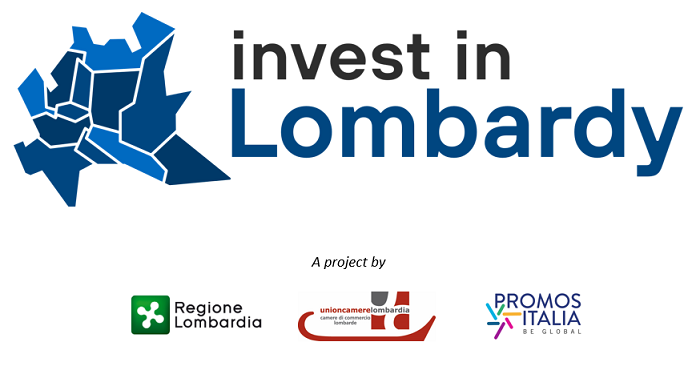Law No. 208 of 28th December 2015 (the Stability Law for 2016) was published on 30th December 2015. The Italian Stability Law (“Legge di stabilità”, once also known as “Legge Finanziaria”) in other countries called “the budget”, usually drafts the main measures and provisions in terms of costs and revenues of the State. It impacts heavily on the attractivity of the Country, designing fiscal reforms, outlining new tax systems and incentives for enterprises. The approved document is affected by the sentiment and depends on the economic climate and development forecasts, as well explained by the Italian Minister of Economy and Finance Pier Carlo Padoan in the Italy’s draft budgetary plan.
The 2016 Stability Law contains relevant measures regarding the Italian economy, from the spending review to the pensions systems. Some of the provisions included in the bill are considered very interesting in particular for foreign investors: the new IRES tax rate, the “super depreciation” and new time limits for the forfeiture of the tax assessment period.
IRES (Imposta sul Reddito delle Societá – IRES): the corporate income tax rate will be decreased from 27.5% to 24%, with effect from tax year 2017.
“Super depreciation” (“Ammortamento rafforzato”): it is a measure intended to encourage investments in depreciable assets. The Stability Law introduced an increased depreciation allowance for certain machinery and equipment purchased between 15th October 2015 and 31st December 2016. Asset holders are allowed to deduct depreciation from their corporate or self-employment income for a value increased by 40% compared to the acquisition value. The increase in the tax base is 40%, bringing to 140% the value of the deduction.
New time limits for the tax assessment: starting from fiscal year 2016, the ordinary terms for assessment for income and VAT tax purposes have been extended by one year, or two years in the event of failure to file a tax return.
The Stability Law also contains the “Patent Box”, another important provision making Italy and Lombardy more attractive for foreign investors, as already commented here.
For more information about Invest in Lombardy-Deloitte seminar: https://www.investinlombardyblog.com/2016/01/le-riforme-fiscali-e-la-legge-di-stabilita-cosa-cambia-per-chi-investe-oggi-in-italia/


